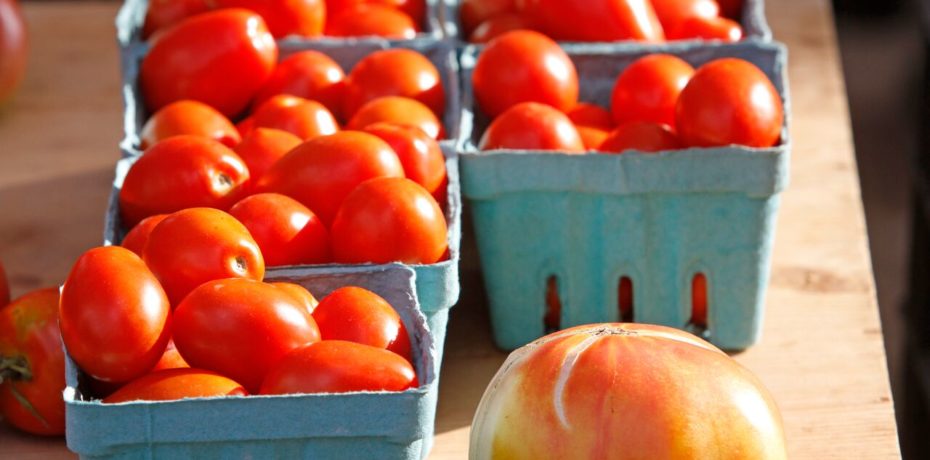By Maurice “BarCodez” Jackson
Richmond is a place at odds with what it is and what it could be. It’s place with a mixed identity, one constructed around art, music, culture, community, resources, wealth, privilege, and poverty. Its history is deeply rooted in soil, comprised of equal parts mud and blood. And it’s here we can all find a solution.
Waist high in racial inequalities, both historical and present, Richmond is long overdue to build its way up and out. I believe in a Richmond that can acknowledge the blood, and then use our mud, our rivers, and our sweat to grow something sustainable and life giving for all of our communities.
For me, it starts with the William Byrd Community House, now known as the Birdhouse Farmers Market.
Five years ago, I took a part-time position at a farm located in western Goochland County, called Byrd Farm. I found myself working alongside owner, Debra Stoneman, providing farm-raised livestock and organic produce to communities throughout Richmond at a small farmer’s market at the William Byrd Community House in Oregon Hill.
Over the years that I worked at what was to become known as Birdhouse Farmers Market, I was constantly reminded of my ignorance as a child about where my food came from. I learned—albeit slowly—the economics that surrounded the farmer and customer in an urban marketplace.
Birdhouse Farmers Market has always had a dedicated following: people who were not only curious about gardening and sharing recipes but also interested in the bigger picture – in civic engagement and experiencing how food is a common ground for people from diverse life experiences. Visitors quickly became regular customers because they found it easy to make shopping at Birdhouse Farmers Market part of their weekly routine (and budget). In 2014, the market had an economic impact in Oregon Hill of approximately $500,000. Most of all, customers and farmers felt welcome and comfortable.
We were all stunned, however, when the location for the market, the William Byrd Community House, closed in 2015. The staff, the preschool and summer camp children, and everyone who helped grow the market had become family. And we all knew that the search for a new site to rebuild our market family would be no small task.
For many vendors, the market represented a third of their income. And the location of the market had become familiar and convenient for their loyal customers. But most important, the vendors participating in the market understood the value in the fresh food they were bringing to an area that was once a food desert. Moving anywhere new was sure to bring on risks, and new challenges.
Things changed when a nearby location in the Randolph neighborhood opened up. Not only did the location provide a second chance for the market, but it also offered some upgrades – better parking, greater tree canopy for shade, and access to Randolph Pool, Petronius Jones Park, and Randolph Community Center.
As we made the move and grew into our new location, market vendors and fans organized successful fundraising dinners, partnering with the likes of Sub Rosa Bakery and Ellwood Thompson’s. And in September the market kicked off its first Birdhouse Barbecue Block Party, which served as a community and customer appreciation day organized by Chef Jenson Larrimore, creator of Freewheeling Foods.
Thanks to the support of Richmonders from diverse backgrounds, The Birdhouse Farmers Market was reborn. It now operates every Tuesday afternoon, from 3:00 to 6:30 p.m. (through November) at its new home in Randolph. growing list of organizations are now partnering with the market, including Enrichmond Foundation, Richmond Public Library, Shalom Farms, Second Baptist Church, and Randolph Community Center. Together we are providing fresh, locally grown and produced foods to Richmond families, educating them about nutrition, and fostering a great sense of community among Richmonders … all Richmonders.

